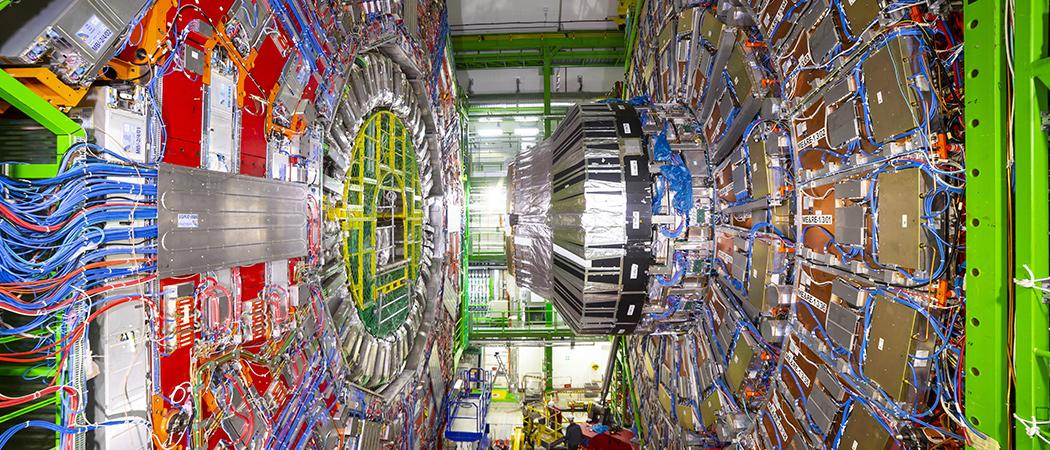Famed particle-physics lab in Geneva joins growing movement to ban Russia from new research collaborations as Ukraine war intensifies

CERN, France - A part of The Large Hadron Collider
The particle physics lab CERN has become the latest organisation to suspend scientific links with Russia because of the Ukraine war.
In a statement, the Geneva-based lab – most famous for its 2012 discovery of the Higgs Boson – said that its governing, 23-nation governing council decided to suspend Russia’s status as an observer to the organisation. This means Russia will no longer be able to attend open sessions of the CERN Council and will lose its “special right” to attend restricted sessions on the Large Hadron Collider, the world's largest and highest-energy particle collider.
There will also be no new collaborations with Russian institutions, however, the 1100 scientists that have 'user status' at CERN and are affiliated with Russian academic and scientific institutes will be able to continue their work.
Up until now, Russian scientists were among the biggest users of the labs and were contributing to many small-scale experiments as well as the development of the Linear Accelerator 4, designed to boost negative hydrogen ions to high energies.
CERN’s 23 member states fund the lab, which conducts many of its high-energy experiments in a giant circular tunnel on the Swiss-French border. Russia was never a member state although CERN has worked with scientists from the Soviet Union as early as 1964. Historically, Russian physics is among the country’s strongest scientific disciplines. And, in the Cold War, Russian physicists such as Andrei Sakharov were among the most prominent of Soviet dissidents.
Since Russia invaded Ukraine on 24 February, many organisations have moved to suspend Russia from their research collaborations.
Another European mega-science project, the EU’s X-ray Free-Electron Laser (XFEL), said it will not start new agreements with Russian institutions and suspended existing ones. XFEL, which enables mapping atomic details of viruses, the filming of chemical reactions, and the study of the interior of planets, counts Russia’s Kurchatov Institute for nuclear research among its members.
Meanwhile across the Atlantic, leading US university MIT ended its 11-year partnership with Russia’s tech hub, Skolkovo.
As more institutions freeze ties, conflicting messages are emerging from the Russia’s institutions on the situation which threatens to completely isolate country scientifically.
Last week, dozens of Russian rectors signed a pro-war statement, which shocked their European counterparts and led to more suspensions from scientific and academic groups. However, this week the Russian Academy of Sciences called for peace and continued scientific cooperation between Russia and other parts of the world. The statement urged the scientific community “to refrain from positions and actions dictated not by the interests of science, but by the political environment and the acuteness of the situation.”
In line with the call, many organisations have not yet moved to put an end to scientific cooperation with the aggressor state. The European Molecular Biology Organization (EMBO), the CERN equivalent in biology, condemned the war but has not frozen ties with Russia.
In addition to freezing cooperation, CERN will comply with EU sanctions on Russia, which include a ban on technology exports.
The decision to suspend Russia’s observer status was taken following a Council meeting on 8 March but may not be the last restrictive measure taken by CERN. “The situation will continue to be monitored carefully and the Council is ready to take any further measures, as appropriate, at its future meetings,” the Council’s statement said.





 A unique international forum for public research organisations and companies to connect their external engagement with strategic interests around their R&D system.
A unique international forum for public research organisations and companies to connect their external engagement with strategic interests around their R&D system.